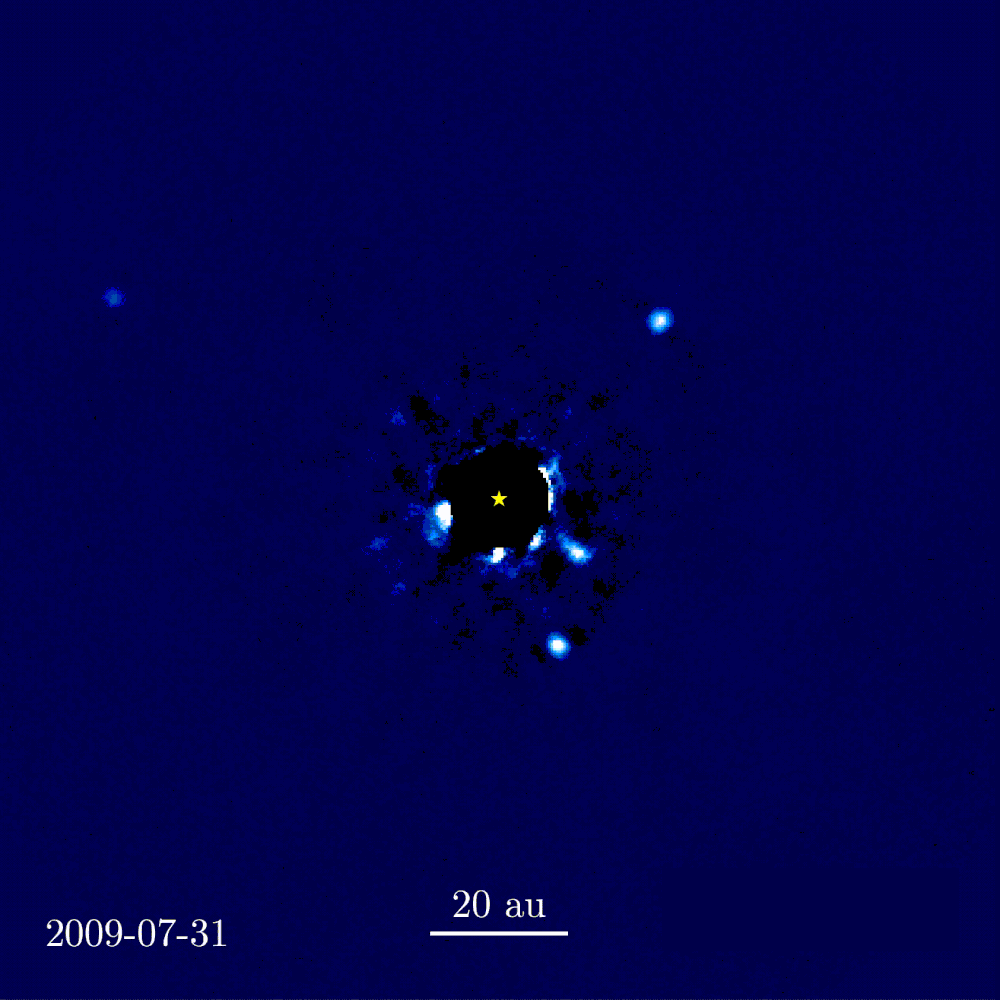I think the preponderance of empirical data is that it is probably spatially infinite, which means we ought to expect an infinite number of alien civilizations no matter how rare they are.
I'm not convinced it's infinite.
However, look at Earth. Life appears to have evolved as soon as conditions were tolerable. Something that happens fast is probably reasonably likely (given the time scale involved.) Is there anything stupendously unusual about Earth? No. (And note that Jupiter has been discredited--yes, it sweeps away some threats, but it creates more than it averts.) Thus the reasonable conclusion is that life should be abundant. Civilizations, though?
It took a long time for life to go from simple to more complex. While that does not say it's impossible it suggests that for many planets it might take too long.
It took a long time to go from more complex stuff to intelligence. Again, maybe time.
And there's a strong reason to think time might be relevant: We are at about the 99% mark on the time when Earth could develop an intelligent species. Soon CO2 will go as low as the plants can tolerate, the mercury will rise anyway, hugely favoring stuff with fast reproductive cycles.
But there's also the possibility that civilization destroys itself. Unfortunately, it certainly looks like that's going to be our fate.



